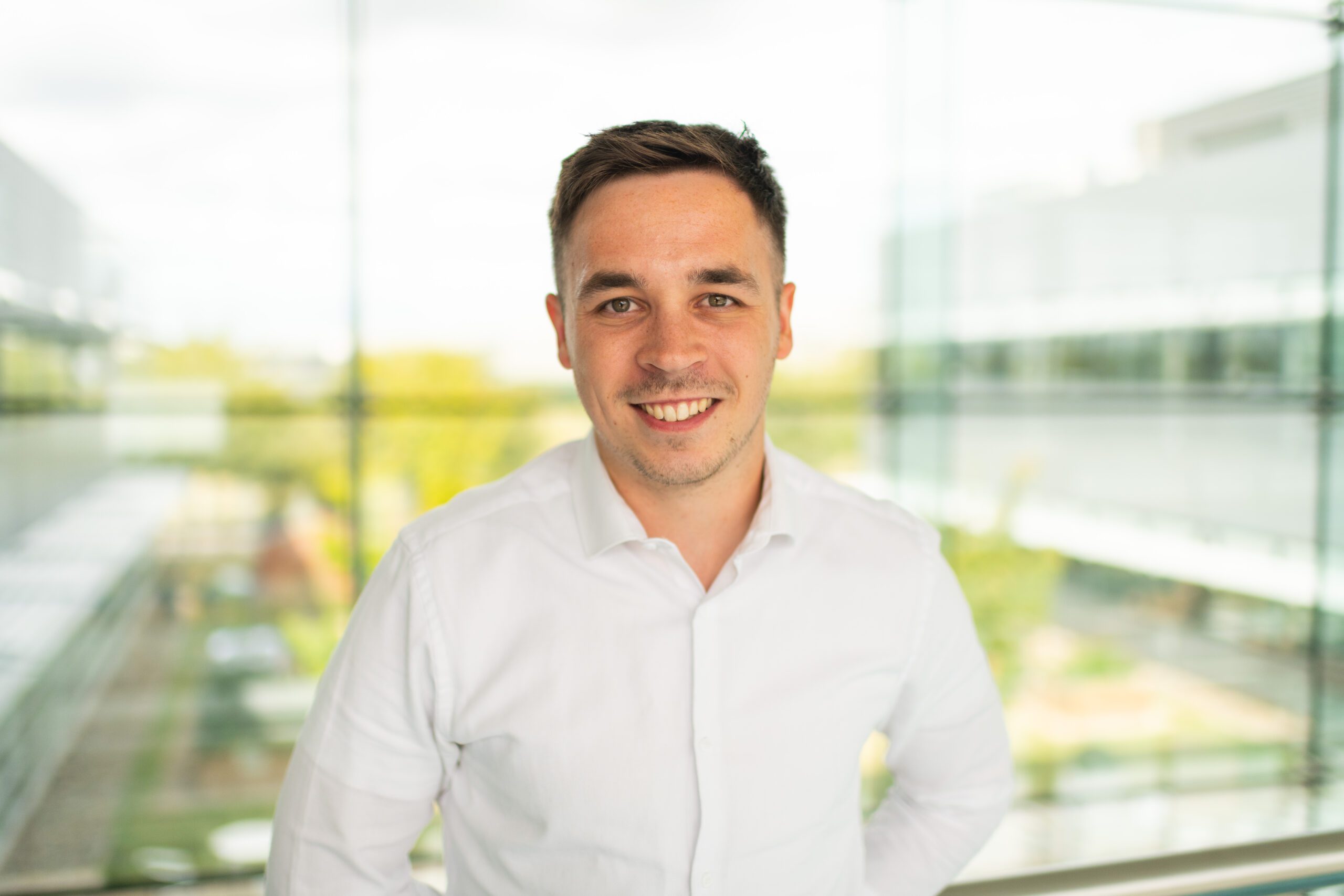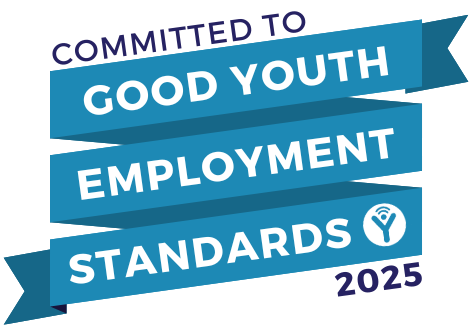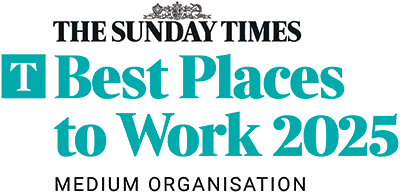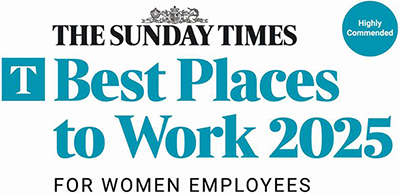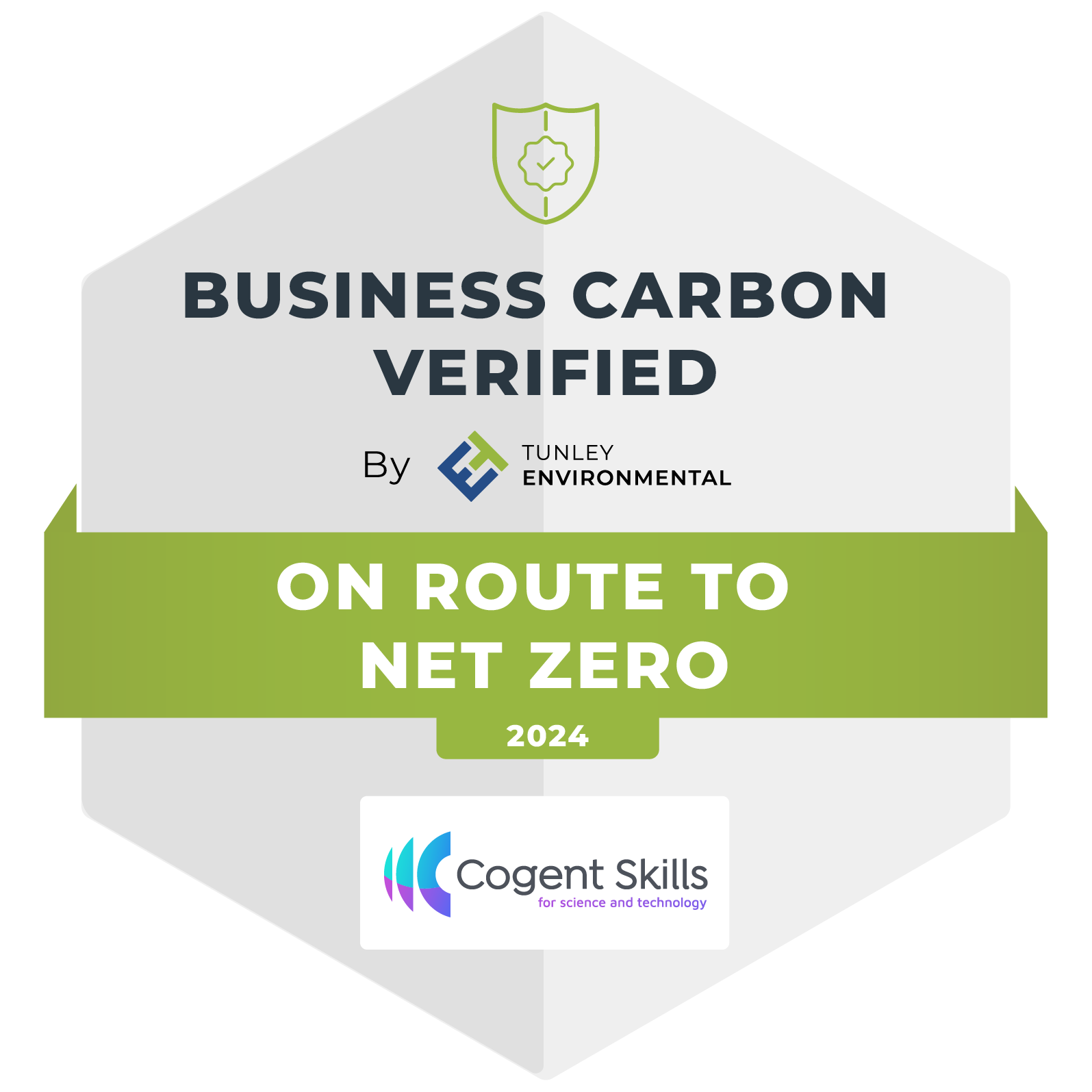I started my current role with AstraZeneca just over a year ago, before which I spent two and half years working for the company while completing my Level 7 Masters Apprenticeship in bioinformatics with Cranfield University.
After completing my undergraduate degree in biology I found myself drawn to bioinformatics. Studying for a masters while working full-time seemed the ideal route into the industry.
The main aim of the Taskforce’s career outreach theme is ensuring our fantastic SIP Ambassadors have the best resources available to them when speaking to a range of different audiences – from students choosing subjects for the next stage in their education to those entering full-time work.
In terms of our current activity, our workstream is refreshing the SIP Ambassador’s resources – understanding what materials are available, updating the topics and creating new content as required – as well as creating a series of ‘how to’ videos to help the Ambassadors find relevant events to attend and use their resources effectively.
I’m passionate about helping people understand it’s not just science roles available to them in the industry. AstraZeneca is a great example of this, although I’m sure it’s the same across the industry: you don’t necessarily have to work in a lab to work in a STEM-related career.
I really enjoy going to careers days as it gives me a chance to chat to people and challenge their perceptions about what it means to work in this industry. Very often, people are surprised with the sheer range of careers available.
One of the reasons I think our SIP Ambassadors do such a great job is because their work reflects this range of jobs – their outreach is more inclusive that other programmes I’ve come across in that respect. And there are lots of dimensions to this, including the work we’re doing to draw more women or people from diverse backgrounds into STEM careers – again, looking at the broad range of roles out there rather than the more ‘expected’ lab-based ones.
We’ve help come up with key performance indicators for all four workstreams. I think this is important and we’re all collaborating towards the same goals. This has seen us review existing material to make sure it’s up to date, as well as create new resources if we feel a certain audience needs it, for example. A lot has changed in recent years – such as our working patterns being affected by the pandemic – so the resources Ambassadors use need to reflect that.
The main reason I joined the SIP’s Careers Taskforce was it spoke to my own experience: when I was in secondary school and doing my A-levels, I didn’t appreciate the range of careers available. I’m hopeful our work will go a long way to showing the next generation what’s out there and increasing the diversity of the workforce – bringing new ideas and fresh perspectives can only be a good thing.
